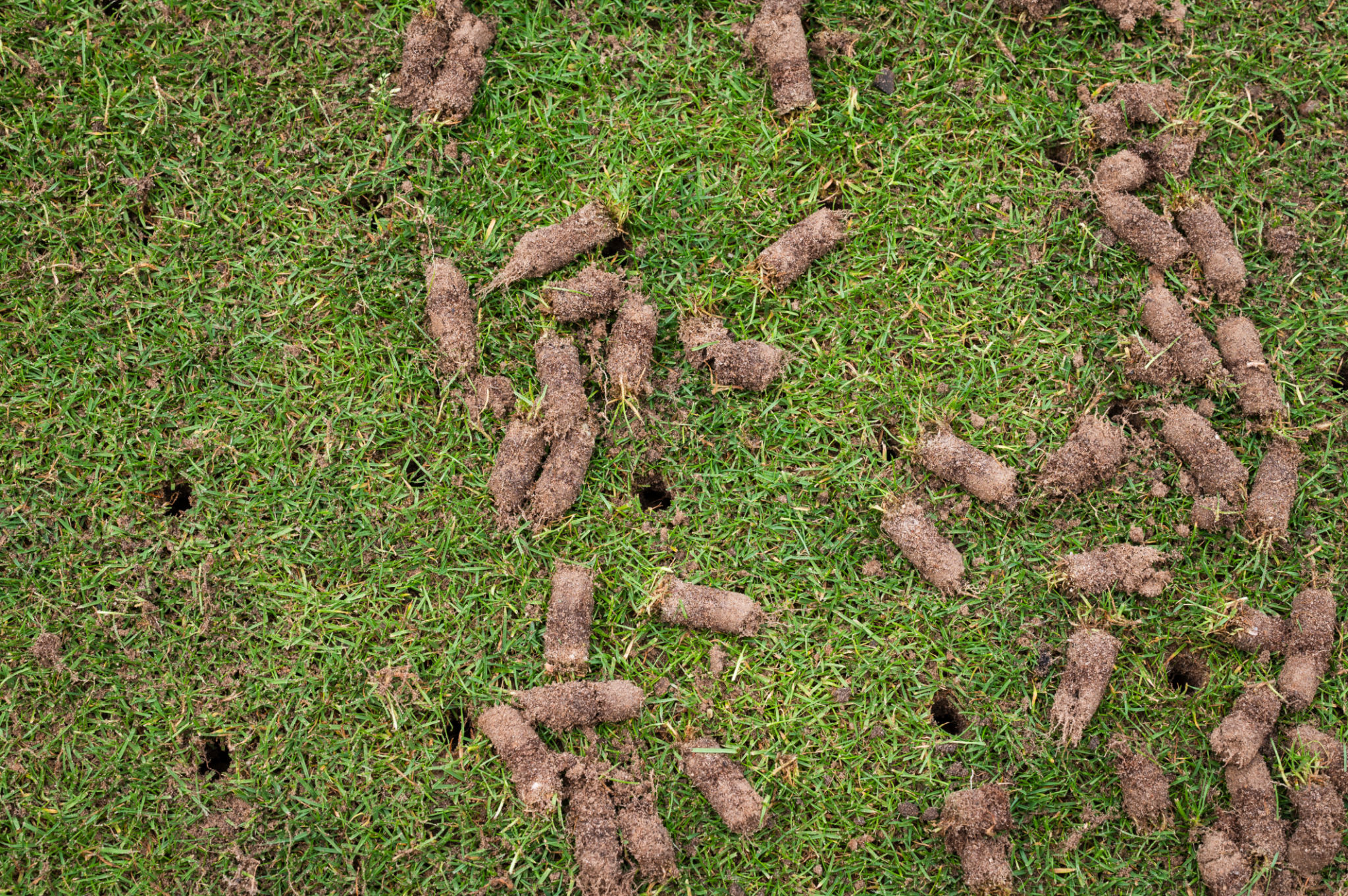DIY Pest Control for Lawns: Expert Tips for Dayton Homeowners
Understanding Common Lawn Pests in Dayton
Dayton homeowners know that maintaining a beautiful lawn can be a challenge, especially when pests decide to make it their home. Understanding the most common lawn pests is the first step to effective pest control. In Dayton, you are likely to encounter grubs, chinch bugs, and sod webworms. Each of these pests requires specific strategies to manage them effectively.
Grubs, the larval stage of beetles, feed on the roots of your grass, causing brown patches that are easy to pull up. Chinch bugs, on the other hand, suck the sap from grass blades, leading to yellowing and dying grass. Sod webworms are caterpillars that chew through grass blades at night, leaving behind ragged patches.

Identifying Pest Infestations
Before you begin any treatment, it's crucial to correctly identify which pest is plaguing your lawn. Regularly inspect your lawn for signs of damage and look for the tell-tale signs of each pest. For instance, grub damage usually appears as spongy grass with dead patches that can be easily pulled up. Chinch bug damage often starts near sidewalks or driveways where the turf is hottest and dry.
To confirm a chinch bug infestation, part the grass and look for tiny black bugs with white wings at the base of the plants. For sod webworms, you might notice small moths flying over the grass in the late afternoon or early evening.
DIY Pest Control Solutions
Once you've identified the pest problem, you can begin your DIY pest control efforts. One effective solution for grubs is to apply beneficial nematodes. These microscopic worms naturally attack grubs in the soil without harming beneficial insects. For chinch bugs, spreading diatomaceous earth over affected areas can help control their population naturally.

If sod webworms are your problem, try applying a natural insecticidal soap or neem oil to affected areas. These solutions are safe for pets and children but effective against the pests.
Maintaining a Healthy Lawn
Beyond treating for pests directly, maintaining a healthy lawn can naturally deter infestations. Regular aeration and overseeding can keep your lawn thick and healthy, making it less susceptible to pests. Ensure you're mowing your lawn at the right height; cutting too short can stress your grass and invite pests.
- Aerate your lawn annually to improve root health.
- Water deeply but infrequently to encourage deep root growth.
- Keep mower blades sharp to prevent tearing grass blades.

When to Call in the Professionals
While many pest problems can be managed with DIY solutions, sometimes professional help is needed. If you have tried several methods without success or are dealing with a large infestation, contacting a professional pest control service may be your best option. They can provide targeted treatments that are both effective and environmentally friendly.
Professional services can also offer ongoing maintenance plans to keep your lawn in peak condition year-round, providing peace of mind that your investment is protected from future pest invasions.
Conclusion
DIY pest control for lawns is an attainable goal for Dayton homeowners, provided you take the time to understand the pests you're dealing with and implement the right strategies. By combining targeted treatments with overall lawn care best practices, you can enjoy a lush, green lawn free from pesky invaders.
Remember, a healthy lawn is your best defense against pests. Regular maintenance and vigilance will go a long way in keeping your yard beautiful and vibrant throughout the seasons.
